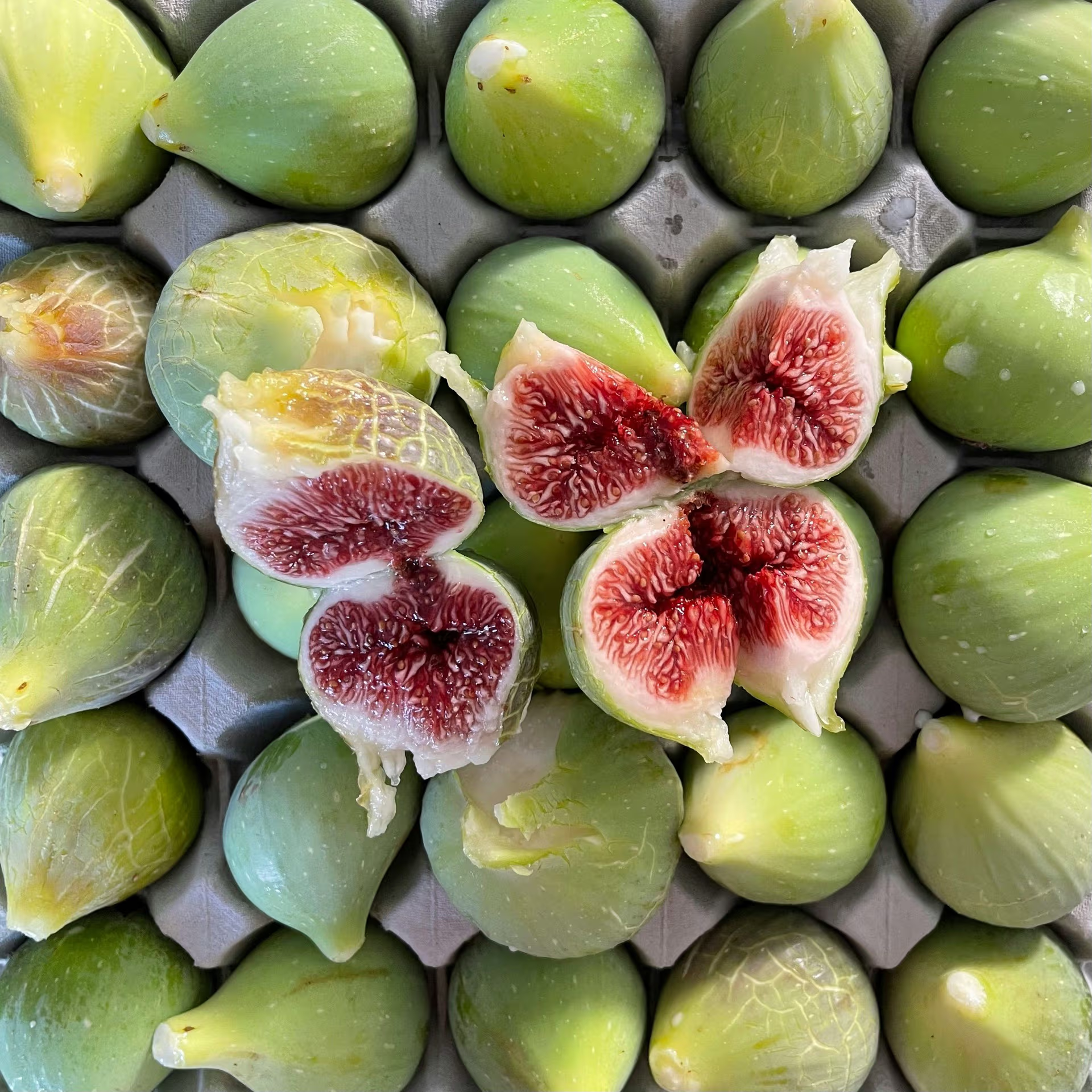
Dietary Fibre: Why We Need It Daily
Many studies prove their great importance for the human body. But what exactly can these dietary fibers do?
Nutritionists love dietary fibres. And so should you. Numerous studies highlight their importance for the human body. Here's an overview of what dietary fibre does and where to find it.
What Exactly Is Dietary Fibre?
Dietary fibres are plant-based and belong to carbohydrates. They are found in fruits, vegetables, legumes, nuts, and grains and can't be digested by the human small intestine due to the lack of enzymes.
Typical dietary fibres in foods include:
- Cellulose
- Chitin
- Pentosans
- Lignin
- Fructans
- Pectin
- Xanthan
- Inulin
- Alginates
These fibres vary significantly in concentration across different foods, with high amounts in grains, nuts, figs, dates, and currants.
They come in soluble and insoluble forms: Soluble fibres, like alginates, pectin, or inulin, are found in fruits, vegetables, and whole grains and create a quick feeling of fullness by binding water. Insoluble fibres, found in grains, bran, citrus fruits, beans, and leafy vegetables, add bulk to stool and stimulate the intestines.
How Do Fibres Affect Digestion?
The effect of fibre begins in the mouth, where fibrous foods require more chewing, increasing saliva production and creating a voluminous mass. This longer processing time in the stomach leads to a prolonged feeling of fullness. In the intestines, fibres bind water, increasing stool volume, softening its consistency, and speeding up elimination, reducing the exposure of harmful substances to the intestinal lining.
Additional benefits include:
- Preventing constipation
- Promoting a healthy gut microbiome
- Binding bile acids to excrete cholesterol
- Lowering blood sugar levels by slowing carbohydrate absorption
How Are Fibres Linked to Weight Control?
By increasing the food volume reaching the stomach, fibres help you feel full sooner. The prolonged processing time in the stomach extends satiety, reducing overall food intake. Slower carbohydrate absorption from the intestines maintains stable blood sugar levels and reduces hunger. Higher fibre content in the diet also means a lower intake of high-calorie foods.
What Health Benefits Do High-Fibre Foods Offer?
Fibres have numerous health benefits and can prevent diseases.
Fibres Reduce Cholesterol
They bind bile acids containing cholesterol, which is then excreted. The liver must convert more blood cholesterol into new bile acids, reducing blood cholesterol levels.
Fibres Regulate Blood Sugar Levels
They slow glucose absorption by forming a gel in the intestines, leading to a lower rise in blood sugar levels. This helps prevent large fluctuations in blood sugar, which can cause fatigue, weight gain, and reduced insulin sensitivity. Better blood sugar control is crucial in preventing cardiovascular diseases.
The daily nutrient boost recommended by experts
Try AG1 Now
Fibre Requirement: 30 Grams Daily
Most people in industrialised countries consume too little fibre. The German Nutrition Society recommends a daily intake of at least 30 to 40 grams for adults.
Fibre deficiency can cause:
- Constipation
- Overweight
- Cravings
- High cholesterol levels
- Intestinal inflammation
7 Tips for a Balanced Fibre Intake
How to properly integrate fibres into your diet? Different foods contain varying amounts and types of fibre. Experts recommend combining various fibre sources.
- Eat three servings of vegetables and legumes, two servings of fruit and nuts, plus potatoes and whole grains daily.
- Replace white flour products with whole grains.
- Start your day with a portion of muesli with grains and nuts.
- Drink plenty of water with every meal to help fibre move through your digestive system.
- Eat fruits and vegetables with their skins on.
- Fibre remains in canned, frozen fruits and vegetables, and muesli bars.
- Supplements can help meet daily fibre needs.
Important: Gradually increase fibre intake to avoid overloading the intestines. Slowly increasing fibre-rich foods allows the gut flora to adapt and the body to get used to a healthy diet.
At a Glance
- 01.
Fruits, vegetables, legumes, nuts, and grains contain fibres that the human small intestine cannot digest due to the lack of enzymes.
- 02.
Fibres prolong the processing time in the stomach, keeping you full longer. In the intestines, they bind water, increasing stool volume, softening consistency, and speeding up elimination.
- 03.
Fibres help prevent constipation, promote a healthy gut microbiome, and lower blood sugar levels by slowing carbohydrate absorption.
Article Sources
Get the scoop on wellbeing science delivered to your inbox.